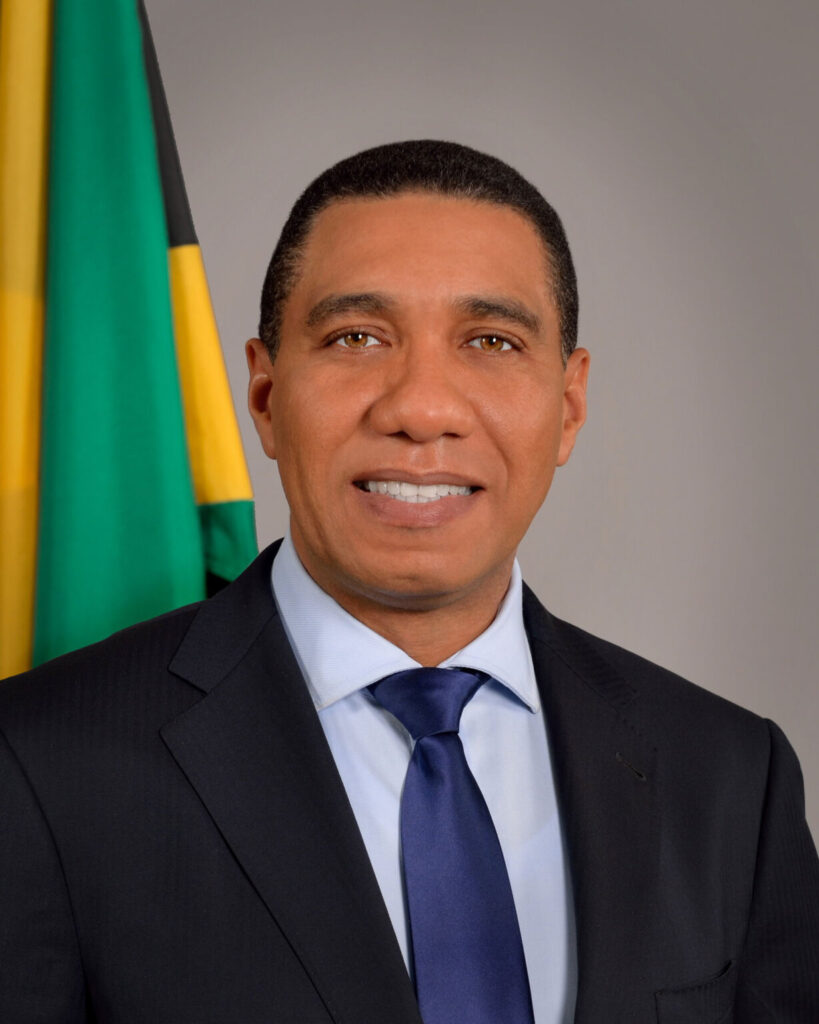Jamaica Receives 40 New Breathalyzer Machines to Continue Efforts Toward Further Reductions in Road Fatalities

“We are very pleased to see the [20%] reduction [in road fatalities]. We take this opportunity to encourage every road user, motorist, cyclist and pedestrian, to be aware of their circumstances, responsibilities and duties in using the road.”
– Prime Minister Holness
———————————————————————————————
The Government of Jamaica has received forty (40) new breathalyzer machines from the United Nations Road Safety Fund. The units are to be used across the island in strategies to help further reduce road traffic collisions and fatalities.
Prime Minister Dr. the Most Honourable Andrew Holness, who chairs the National Road Safety Council, NRSC, welcomed the provision of the new machines in the operations of the police traffic branch. The Council met last Thursday (April 17) to get an update on policies, programmes and efforts to improve road safety and reduce fatalities.
The Prime Minister announced a twenty percent reduction in road fatalities this year when compared to the similar period last year.
However, Dr, Holness noted that the data also shows four parishes, St. Catherine, Westmoreland, St. Andrew and St. Ann, where a concentration of traffic collisions take place.
“We note that some of the multiple fatality accidents are occurring at a particular time of day – early morning. We continue to observe that drink-driving is a cause and speeding without taking into account road conditions is a cause. So we use the opportunity to appeal to Jamaicans to use our roads with great caution and care. And to think of not just yourself but other road users,” said Prime Minister Holness.
The Prime Minister noted that the government continues to grapple with significant costs associated with treating injuries of crash victims.
“Whilst the fatalities and the number of crashes are down, the cost to the country is still high. Everyone has to be treated in one of our facilities. It’s a cost that the country bears. But it also deprives someone else of the space in the hospital or the facility. So it is something that we have to pay close attention to,” Prime Minister Holness highlighted.
Dr. Holness noted that the government will continue to take a multi sectoral approach to ensuring further decreases in road fatalities.
“It is important for the country to know that there is an instrumental force behind the development, implementation and evaluation of policy that deals with the safety of our roads. The intention is to get to zero accidents. There might be a view that this is impossible. No, it is not! It requires even more effort on our part to develop the right policies and to develop them quickly but more so to educate every single road user so that the road user, driver, pedestrian, cyclist, becomes responsible for themselves and for others,” said Prime Minister Holness.